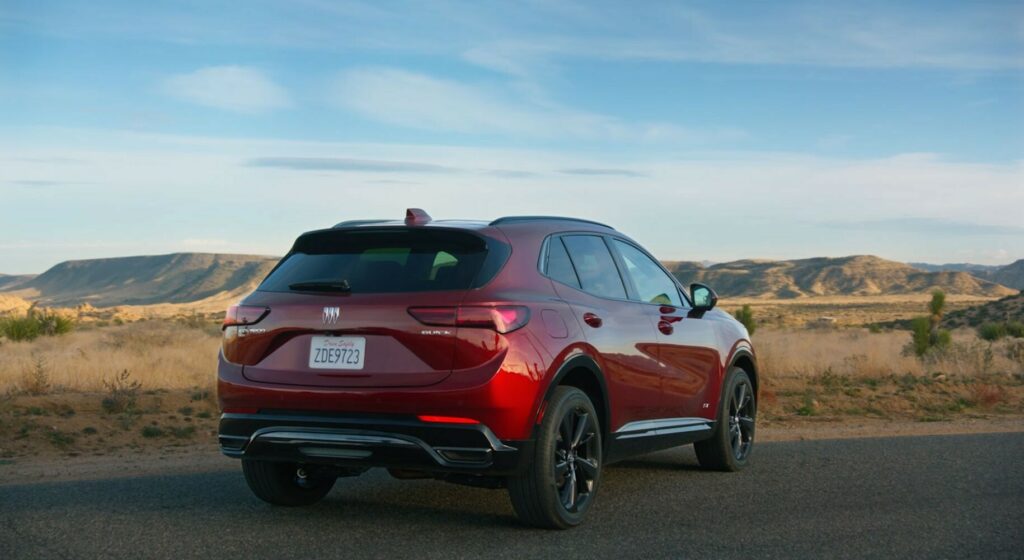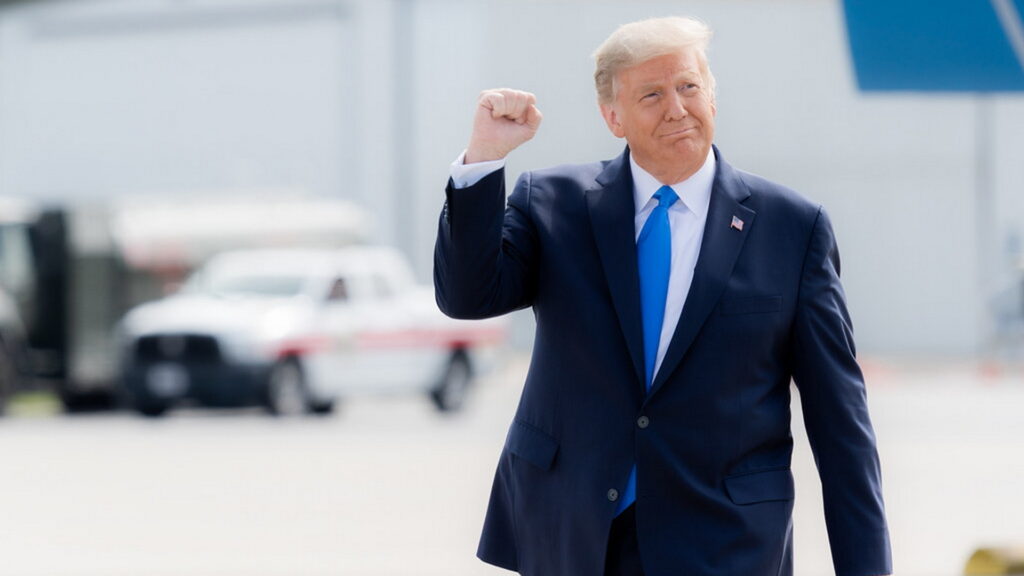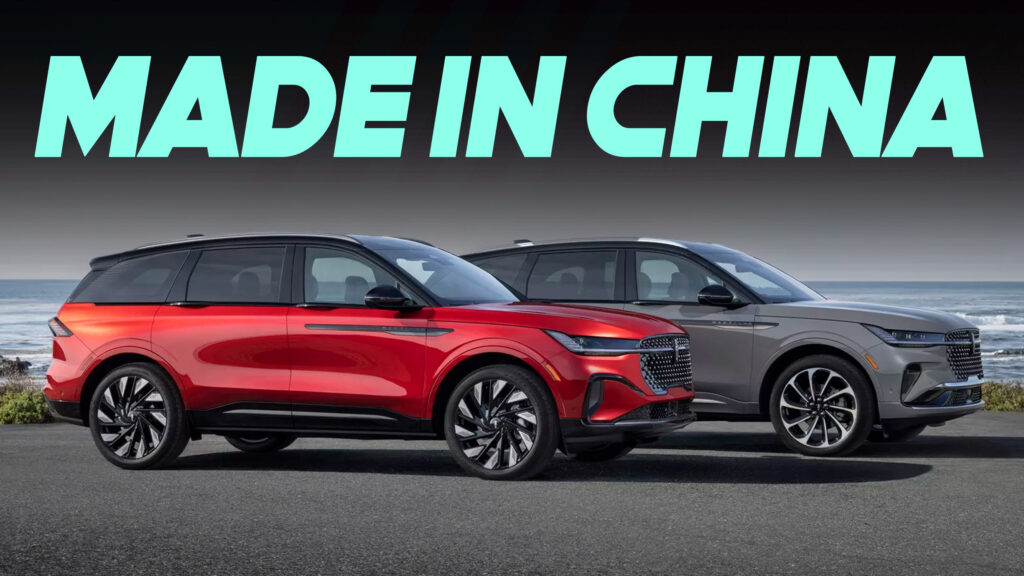- Both the Lincoln Nautilus and Buick Envision are built in China and sent to the US.
- Approximately $15-20 billion in Chinese-made car parts are exported to America.
- China has a particularly strong grasp on the market for electric vehicle batteries.
Tariffs have been making plenty of headlines lately, with President Donald Trump first imposing, then pausing, duties on imports from Mexico and Canada. But the latest round, a new 10% tariff on Chinese imports, is poised to shake up the U.S. auto industry as well.
While relatively few new vehicles are shipped directly from China to American dealerships, the bigger concern is the flood of Chinese-made auto parts that keep the industry running.
Read: Automakers Breathe Easier As Trump Freezes Tariffs For 30 Days
The two car manufacturers that will feel the immediate adverse effects of these 10% tariffs are General Motors and Ford, two of America’s most important companies. Lincoln builds the Nautilus in China and GM also builds the Buick Envision in China. Last year, 83,884 Nautilus and Envision models were sold in the United States, representing 95% of all Chinese-built cars sold in the US.
Volvo and Polestar Also in the Crosshairs
Volvo and Polestar, both owned by China’s Geely, also manufacture vehicles in China for the U.S. market. So far, none of these brands have confirmed whether the new tariffs will force them to adjust pricing or shift production, but it’s safe to assume they won’t absorb the cost without passing at least some of it onto buyers.
“It’s mainly GM and Ford that are really hit from a volume standpoint,” GlobalData vice president of automotive research Jeff Schuster told CNBC . “Our domestic guys are the ones taking the brunt of this, at least for full vehicles … but it can be muted to some extent.”

America Needs Chinese Auto Parts
Beyond whole vehicles, the real economic gut punch comes from tariffs on Chinese-made auto parts. According to CNBC, Goldman Sachs analyst Mark Delaney warns that these tariffs could have a much broader impact.
“While vehicle imports are minimal from China, auto parts imports are about ~$15-20 bn per year per the US International Trade Commission, and China is a key part of the battery/storage supply chain (especially LFP batteries used in utility scale energy storage),” he said.
Many electrified vehicles sold in the U.S. rely heavily on Chinese-sourced components. Data from the National Highway Traffic Safety Administration highlights just how much some models depend on China.
The Hyundai Kona EV leads the pack, with 50% of its components coming from China, followed by the Nissan Ariya (40%), Hyundai Ioniq 5 N (30%), Kia EV9 (35%), and Kia Niro Electric (25%). Other models with significant Chinese content include the Genesis G80 EV (25%), Volkswagen ID Buzz EV (25%), and Toyota’s bZ4X EV and RAV4 PHEV, each at 20%.
With so many crucial components tied to Chinese supply chains, these tariffs could send ripple effects through the entire auto industry, hitting prices, production, and supply chains in ways that consumers and automakers alike won’t be able to ignore.




